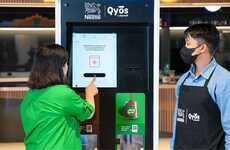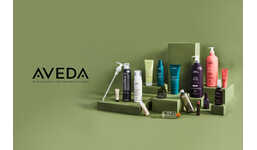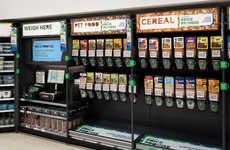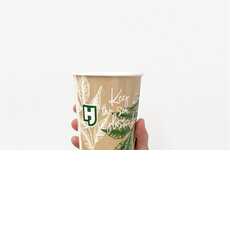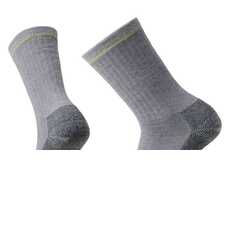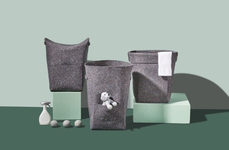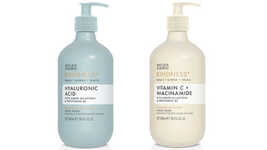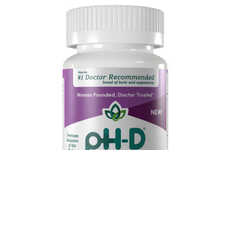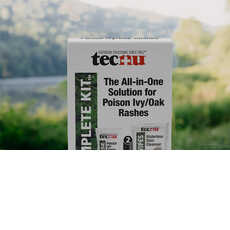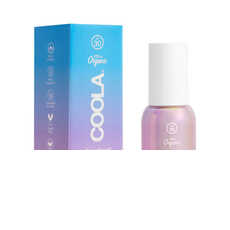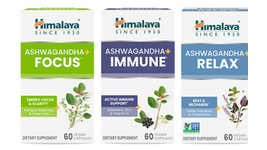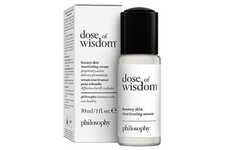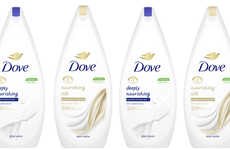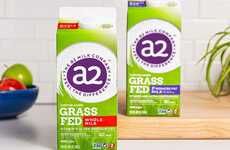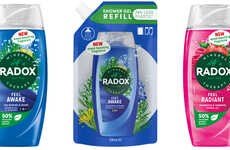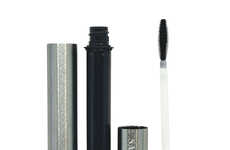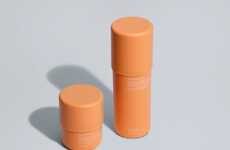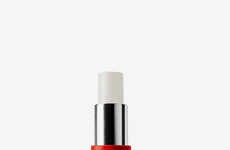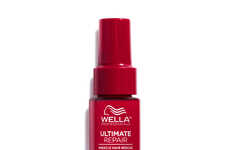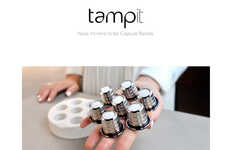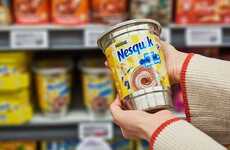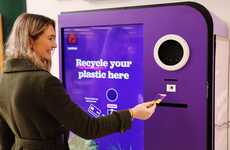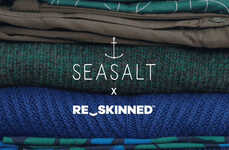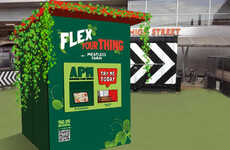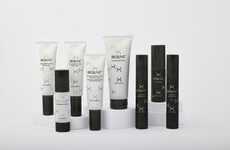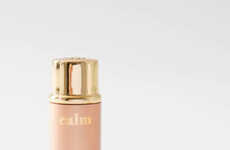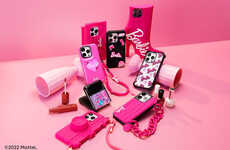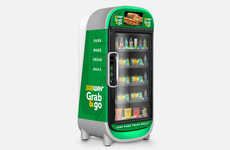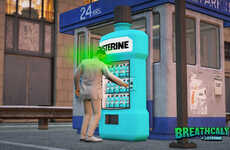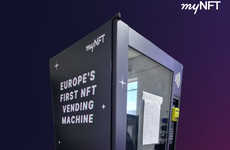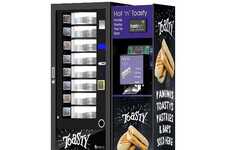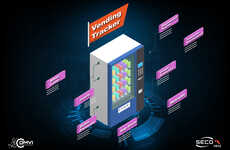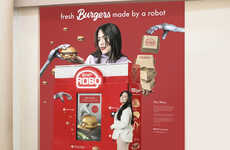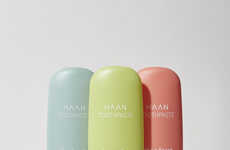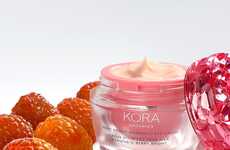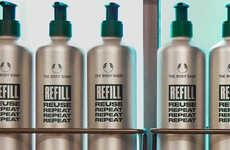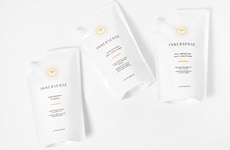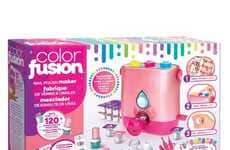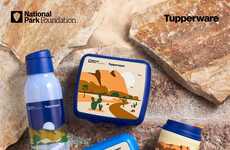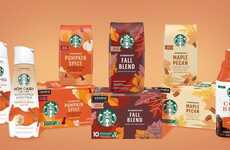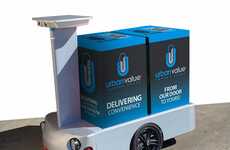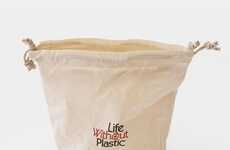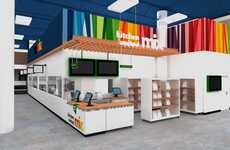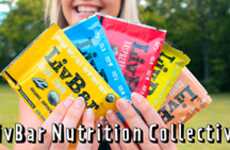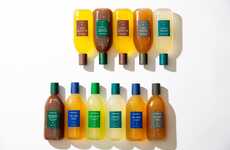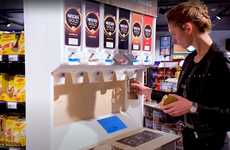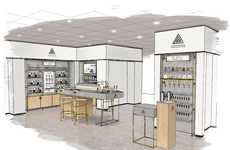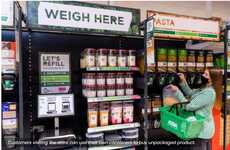
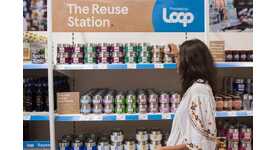
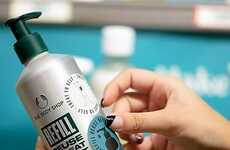
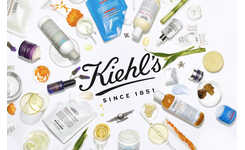
Longstanding brands turn to refillable products to appeal to the modern consumer
Trend - Established brands in cosmetics and F&B are using the demand for sustainability as an opportunity for customer retention. Evolving into circular busines models with reusable packaging and refills offer lower costs and promise a sustainable purchase, while increasing the chance of repurchase.
Insight - F&B and cosmetics industries have been revitalized with a new generation of consumers and the growth of ecommerce, but longstanding brands in these industries are facing competition from new businesses that are more nimble, and can better tap into the Gen Z market. Mainstays in these industries have to replicate that agility to adapt to the shopping habits of younger consumers, who are more likely to shop by brands that share values like sustainability, convenience and inclusion.
Insight - F&B and cosmetics industries have been revitalized with a new generation of consumers and the growth of ecommerce, but longstanding brands in these industries are facing competition from new businesses that are more nimble, and can better tap into the Gen Z market. Mainstays in these industries have to replicate that agility to adapt to the shopping habits of younger consumers, who are more likely to shop by brands that share values like sustainability, convenience and inclusion.
Workshop Question - How could your brand better evolve with the needs of the modern consumer?
Trend Themes
1. Circular Business Models - Established F&B and cosmetics brands have adopted circular business models with reusable packaging and refills to lower costs, retain customers and offer a sustainable purchase.
2. Refillable Products and Packaging - Refillable products and packaging help reduce the amount of single-use plastic that ends up in landfills or oceans, save resources in production and cater to the growing demand for sustainable shopping habits.
3. Take-back Initiatives - Through take-back initiatives, brands like Aveda have been able to repurpose their recycled materials into usable energy and incentivize their customers to curbside recycle their waste products.
Industry Implications
1. Cosmetics - Cosmetics brands have adopted circular business models and refillable products and packaging to appeal to a sustainability-conscious younger generation and compete with more nimble businesses.
2. Food and Beverage - Food and beverage companies have adopted circular business models and refillable products and packaging to appeal to sustainable shoppers.
3. Retail - Retail industries are adapting to the growing demand for sustainable shopping habits and the use of refillable products and packaging through initiatives such as take-back programs and adapting their brick-and-mortar and ecommerce presence to cater to this.
7 Featured, 60 Examples:
103,341 Total Clicks
Date Range:
Sep 21 — Apr 23
Trending:
Hot
Consumer Insight Topics:
